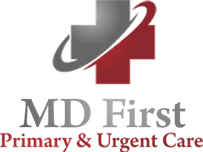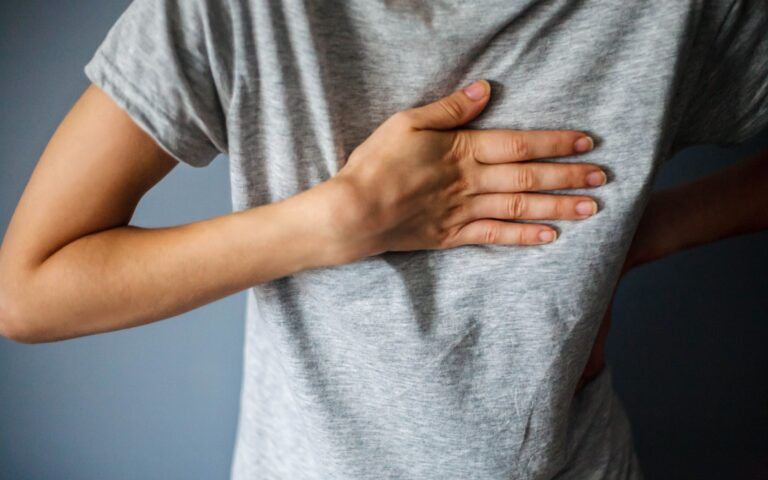Heart palpitations, or the sensation of your heart thumping or racing, is a common experience for many people. While this sensation can occur at any time of the day, some people experience heart palpitations, specifically at night, which can be concerning. If you’ve been noticing heart palpitations occurring at night, we’re here to help inform you about some common causes of heart palpitations and discuss ways to manage and prevent them.
Common Causes of Heart Palpitations At Night
Heart palpitations are often described as fluttering, fast-beating, and pounding heart rates that can be triggered by many things. These palpitations can feel like the heart’s beating too fast, fluttering rapidly, the heart skips a beat, and can also be felt throughout the throat or neck.
Normally, palpitations that are infrequent or last only a few seconds don’t require any cause for concern. However, if you’ve been experiencing frequent, ongoing symptoms of heart palpitations, then it should be evaluated by a medical professional. Make sure to talk to your healthcare provider about your heart palpitations; they may be able to provide heart-monitoring tests to see if a more serious heart problem causes the palpitations.
If you experience heart palpitations at night, your physician can help you manage and treat them based on your symptoms, lifestyle, and other health factors. Some common causes of heart palpitations include:
- Stress and Anxiety: Stress and anxiety are often major contributors to heart palpitations at night. When the body’s under stress, it releases adrenaline, causing your heart rate to increase.
- Caffeine Intake: Having caffeine, especially during the late hours of the day, can trigger heart palpitations at night. Caffeine can take several hours to wear off as a stimulant and even cause palpitations during sleep.
- Alcohol Intake: Drinking alcohol before bedtime can also contribute to palpitations. Even though alcohol is a depressant, it can cause palpitations if combined with other stimulants.
- Medications: Some medications have heart palpitations as a side effect. Some asthma medications can trigger heart palpitations, and if you notice palpitations with your medications, then make sure to consult with your healthcare provider about possibly changing your medication for your condition.
- Hormonal Changes: In many cases, hormonal fluctuations can cause heart palpitations. For women, menstruation, pregnancy, and menopause can cause the heart to palpitate due to the fluctuation of estrogen and progesterone in the system.
Visit MD First Primary & Urgent Care For an Appointment!
If you experience heart palpitations at night and don’t experience a heart condition, you can easily try relaxation techniques, limiting your caffeine consumption, and staying hydrated to help control your heart rate. However, if you don’t have a regular healthcare provider and need a checkup on your heart, don’t hesitate to contact MD First Primary & Urgent Care for an appointment. At our clinic in Lancaster, SC, Dr. Amrendra Kumar and Kasey Hudson can help you manage your health and keep your body in check. Call (803) 283-2300 to schedule an appointment with us today!




